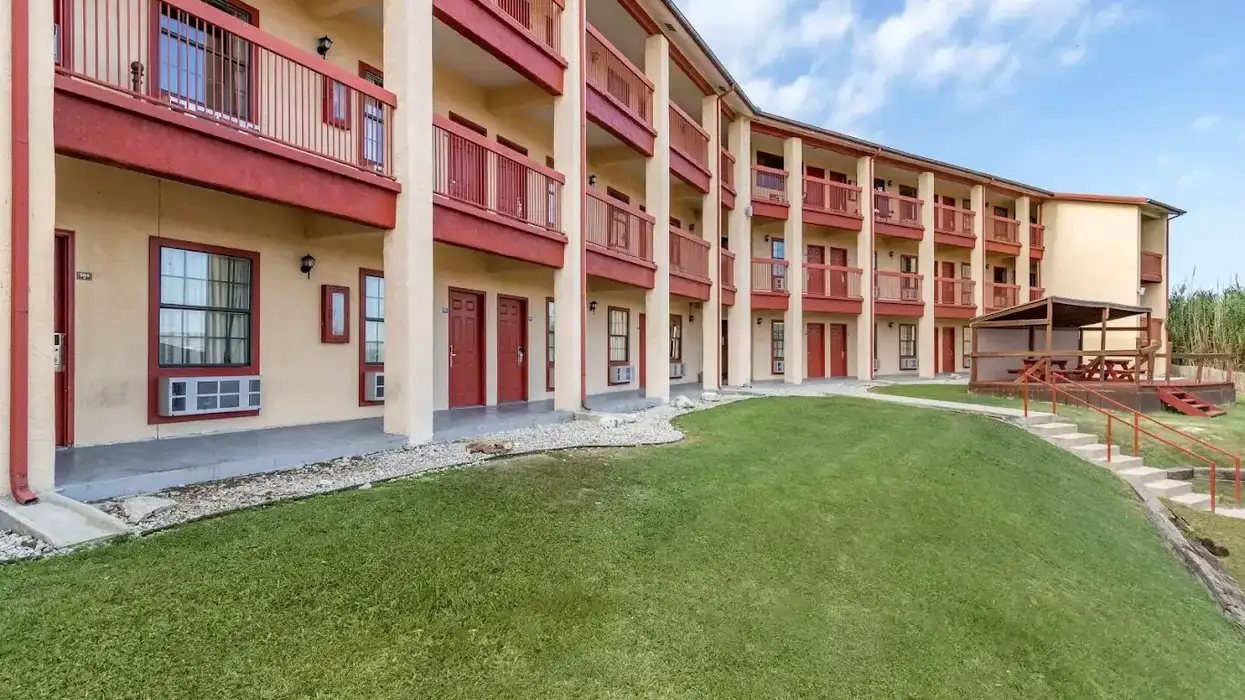STATES ARE ROLLING back their economic opening plans in the face of rising cases of COVID-19 and hotels are feeling the pinch, according to STR’s deep dive in its data for the week ending July 4. Drive-to destinations that had been the first to see some signs of recovery from the pandemic lost ground over the summer’s most crucial holiday weekend.
RevPAR declined 44.8 percent during the week over the same time last year, but Jan Freitag, STR’s senior vice president of lodging insights, said in a video that an inequity in the calendar comparison had to be factored in. Last year, July 4 fell on a Thursday, limiting group and transient corporate demand.
“This year was a much easier comparable. I would not be surprised if the week that we’re in right now [ending on July 11] when we report it next week that RevPAR goes back to declining minus 50 percent,” Freitag said.
At the same time, Freitag began the deep dive of July results released previously by wearing a mask and promoting their use in public to limit the spread of the COVID-19 pandemic as the economic effects of the disease were prominent in his presentation. After 11 weeks of small week-to-week gains in occupancy, the metric was down this week from the week ending June 27 in large part due to the pandemic.
Just under 350,000 new COVID-19 cases were recorded for the week, Freitag said.
“That will have huge implications for the U.S. hotel industry going forward,” he said. “We actually already saw that in this week’s data.”
Number of rooms sold declined by 75,000 rooms between week ending June 27 and this week, the first such decline since week of April 11.
“Exhibit A of the impact of the new COVID-19 on the hotel industry is, of course, Florida,” Freitag said.
Of the 13 markets STR measures in Florida, 11 showed declines in occupancy
“The larger number of cases with rollbacks of the restrictions, with beach closures, with hotel pool closures, had an immediate impact on the destinations in Florida,” he said. “That said, a few other submarkets actually did quiet well.”
Cape Cod, Massachusetts, saw the largest weekday vs. weekend point gain in occupancy, up to 50.9 percent. Other markets with weekend gains were Branson, Missouri; Niagara Falls, New York; Sarasota, Florida; and Duluth, Minnesota.
Economy hotels remained the strongest among the classes, reaching an occupancy level of 54.6 percent.
“For midscale and economy brands, over half the rooms were sold [for week ending June 27],” Freitag said. “Looking at the July 4 data, interestingly, upper midscale, midscale and upscale class hotels all saw a decline in occupancy. Economy class and luxury class were up a little nut it is, of course, very, very concerning that three of the classes saw demand declines.”
The demand share for economy brand hotels grew from 24.7 percent in the comparable time period of 2019 and to 33.7 percent in the week ending June 27. Luxury hotels’ demand share shrank from 21.2 percent to 11 percent, and other classes increased slightly from 54.1 percent to 55.3 percent.
“This of course does not mean that luxury travelers are choosing economy hotels, it just means that there are fewer luxury and upper upscale travelers out there.”
Finally, Freitag pointed to another startling sign of the current state of the industry. According to the Las Vegas Convention and Visitors Authority, convention attendance in the city remained at zero.





